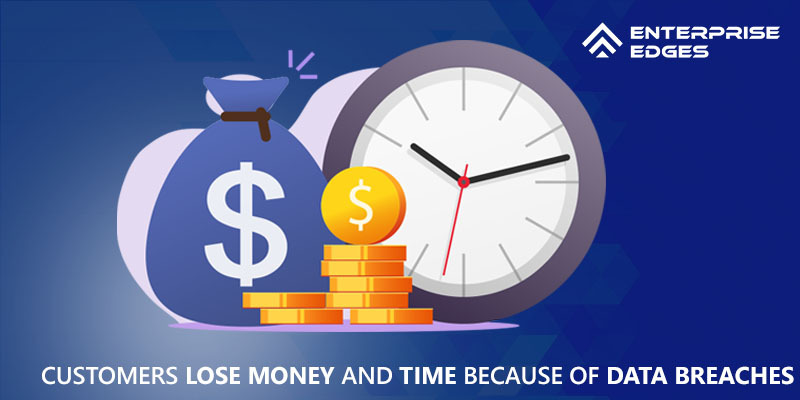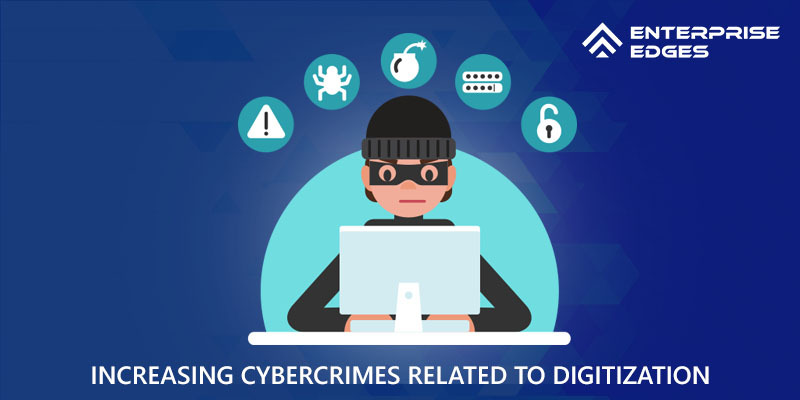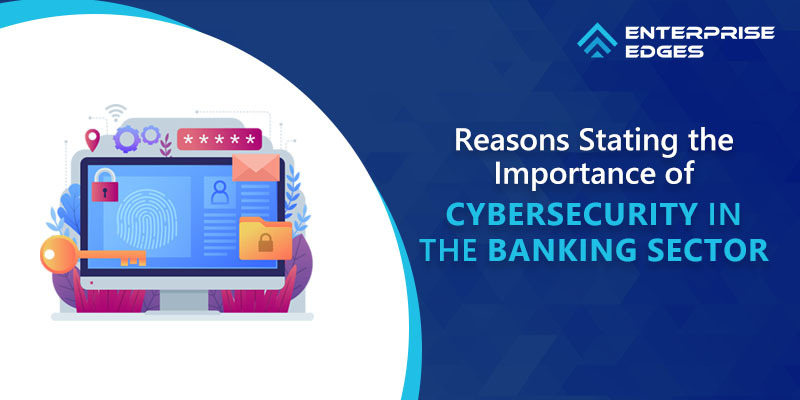Cybersecurity is no longer limited to IT industries. Nowadays, it is necessary for every business, from healthcare to non-profit organizations. But for banks, it holds a critical value since the very foundation of banking lies in fostering trust and credibility.
Banks deal with millions of transactions daily for an enormous amount of money. As most of these transactions have turned cashless now, banks have become a primary target of cyberattacks. However, cyber threats to the banking industry are nothing new as its history goes back to 1971. Banks across the globe have been fighting battles against faceless criminals in cyberspace for decades.

Now that the banking industry, like any other industry, is going through rapid digitization, cyber threats to the banking industry have become more pervasive and sophisticated. For instance, hackers made headlines as they attempted over 40,000 cyberattacks on the Indian web and banking industry within five days in June 2020. This has led to an increased need for cybersecurity in the banking sector.
Why is Cybersecurity Vital to Banking Sector?

During the last few years, banks’ foremost agenda has been the digitization of voluminous confidential data and banking processes. This technological transformation has enabled remote operations, leading to greater vulnerabilities, exposing banks to breaches and cybercrimes.
So, the key idea behind cybersecurity in the banking sector is to safeguard customer assets and their transactions against potential cyber threats.
Following Are Five Reasons Stating The Importance Of Cybersecurity In Banking Sector:
1. Data Breaches Can Affect A Bank’s Position In The Financial Market
Data breaches are a serious problem for banks because they can cause loss of consumer data and trust. Once the bank’s customer data is compromised, they will find it difficult to trust that bank. Weak standards of cybersecurity in the financial services sector could easily cause the customer base to take its money elsewhere.
Therefore, banks and other financial institutions must have robust cybersecurity plans to protect the confidential data of customers. If a bank does not strengthen its existing preventive measures against data breaches, then it can eventually lead to the deterioration of the bank’s reputation.
2. Banks Can Face Consequences And Penalties For DICGC Non-Compliance
No bank wants to face hefty penalties for non-compliance as it could be tough to come out of it. The lack of adequate and fast fraud detection strategies in the banking sector could be devastating. When the data is stolen, banks or financial institutions need to pay out a vast amount of money for releasing the data.
So, it is best to remain compliant and to take adequate cybersecurity measures suggested by DICGC to prevent cyberattacks in the banking sector.
3. Customers Lose Money And Time Because Of Data Breaches

When a bank undergoes a data breach, it affects not only the bank’s reputation but also causes financial loss to its customers. Usually, when a customer loses money to card frauds, it can be refunded by the bank itself.
However, in the cases of data breaches, it takes time to recover the funds, which could be stressful for customers. The process would involve canceling cards, checking statements, and constantly looking for any complications. So, cybersecurity in the financial services sector becomes more important for keeping customers happy and their assets secure.
4. Misuse Of Sensitive Consumer Data
It can be hard for customers to handle cyberattacks as their confidential data and sensitive information get compromised. Customers’ private data in the wrong hands can do great harm.
Even if cards are canceled and fraud is immediately taken care of, customers’ sensitive information can be misused by cybercriminals. Such misuse of data can result in personal stalking, harassment, and identity theft. Thus, it is inevitable for banks to implement cybersecurity measures.
5. Increasing Cybercrimes Related To Digitization

The modern internet banking system operates through a vast set of applications, networking devices, third-party entities, internet service providers, and other FinTech solutions. These can be potential gateways for attackers.
Cyber attackers aspire to bypass them and obtain unauthenticated access to sensitive data in a variety of ways, including fallible third-party services, spoofing, ransomware, etc. Hence, it is pivotal for banks to build a cybersecurity system that curbs all these security trespasses to uphold data security.
Signing Off
Financial services organizations, including banks, face unprecedented cyber challenges as cyberattacks are growing in speed, sophistication, and scale. Banks need to balance digitization with cybersecurity. Banks will have to prioritize and invest in proactive cyber defense to tackle the cybersecurity challenges and to create a resilient banking infrastructure for the future.
